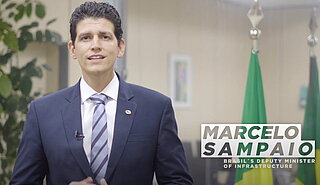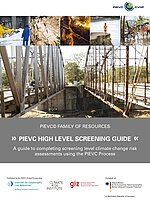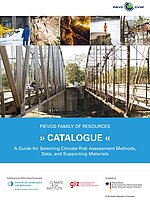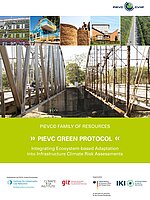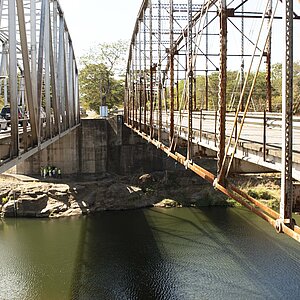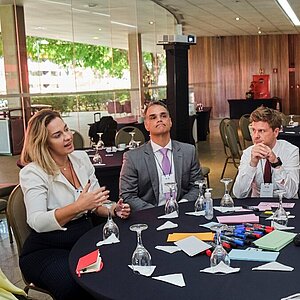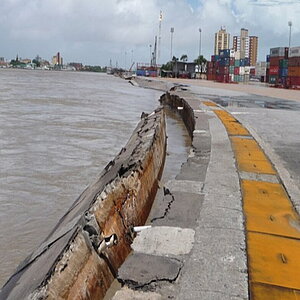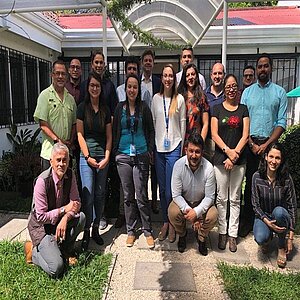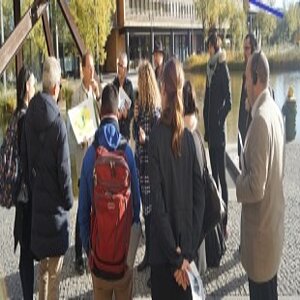How to make infrastructure more resilient towards climate change
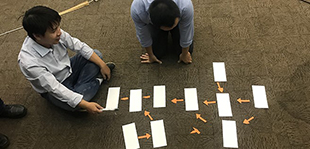
In the Training of Trainers on Climate Services for Infrastructure Investments, participants in Costa Rica and Vietnam learned how to use Climate Services to make their infrastructure more resilient towards climate change.
Infrastructure is a key element of achieving the objectives set out in the Agenda 2030. It is instrumental in providing access to water, health, energy and mobility. Infrastructure disruptions due to extreme weather and slow-onset events, like droughts, increasingly threaten these development goals. This risk is exacerbated by climate change. To make sure infrastructure can continue to be a driver of progress, Costa Rica and Vietnam have set out to make their infrastructure more resilient. The IKI project Enhancing Climate Services for Infrastructure Investments (CSI) supports them in these efforts.
Training the Trainers
This summer, 32 participants in Costa Rica and Vietnam have learned how to use Climate Services to make their infrastructure more resilient towards climate change. They took part in the Training of Trainers on Climate Services for Infrastructure Investments implemented by the CSI project. The training helps to multiply knowledge-gains in the partner countries that have emerged from piloting climate services and climate risk assessments for infrastructure in the context of climate-risk-informed infrastructure planning and management.
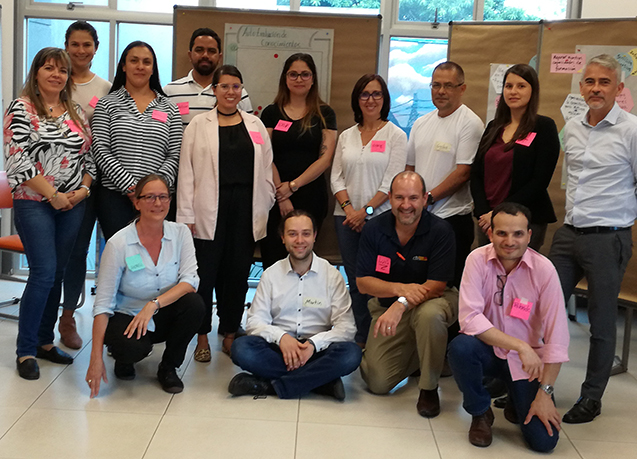
The Training of Trainers is part of CSI’s activities aimed at increasing adaptive capacity via better knowledge on the best ways to manage infrastructure-related climate risks. Its goal is to enable actors from different institutions involved in climate risk management for infrastructure to become process facilitators as well as knowledge brokers and multipliers. They learn how to facilitate debate and cooperation among a variety of experts from climate science, engineering, planning, policy and administration. While all these actors speak different technical languages, they are united in the common objective of making infrastructure more resilient.
Transforming data into climate risk management decisions
Like coffee and other products of our daily lives, resilient infrastructure is “made” based on a value chain. While the coffee value chain starts with coffee beans as a raw material, the climate value chain starts with collecting and processing climate data. The participants of CSI’s training learn how to bring together different actors along the value chain and the ingredients they provide to transform data into information that is useful and usable for climate risk management. Combining processed climate data with knowledge and information from the different experts, for example by combining projections for expected water discharge at the site of a planned bridge in 2080 (climate science) with information on how they would impact a bridge (engineering), helps translate raw data into risk management decisions (e.g. new building codes or adapted bridge designs). This kind of information tailored to specific decision-making contexts is called climate services. The training teaches how to co-develop and use climate services to make infrastructure climate-resilient via climate-risk-informed infrastructure planning and management.
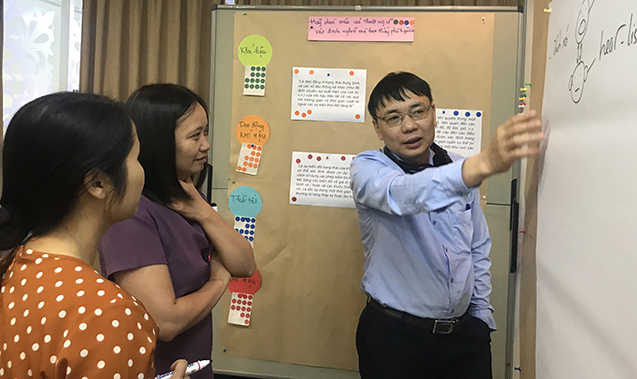
To make sure the participants of the training learn in a realistic environment, the training follows the Harvard Case Study Approach. It consists of four modules, covering all essential elements of climate-risk-informed infrastructure planning and management. It also teaches the use of didactical tools and methodologies for passing on this knowledge. Following a learning-by-doing mentality, the trainers-to-be already assume the role of co-trainers throughout the training.
True to the climate-risk-management context being emulated in the case study approach, participants in the trainings in both Costa Rica and Vietnam came from a variety of disciplines. The participants highlighted the positive impact the participatory, cooperation-centred approach of the training had on their learning experience. They want to use the materials and methodological toolkit they obtained in the training to pass on their newly acquired knowledge within their institutions. CSI will support them in preparing and conducting their own trainings.
The next training in the context of CSI is going to take place in Brazil. Beyond that, efforts have been started to make the training available to other interested stakeholders and potential beneficiaries outside the CSI project contexts.
The link has been copied to the clipboard
Contact
IKI Office
Zukunft – Umwelt – Gesellschaft (ZUG) gGmbH
Stresemannstraße 69-71
10963 Berlin




